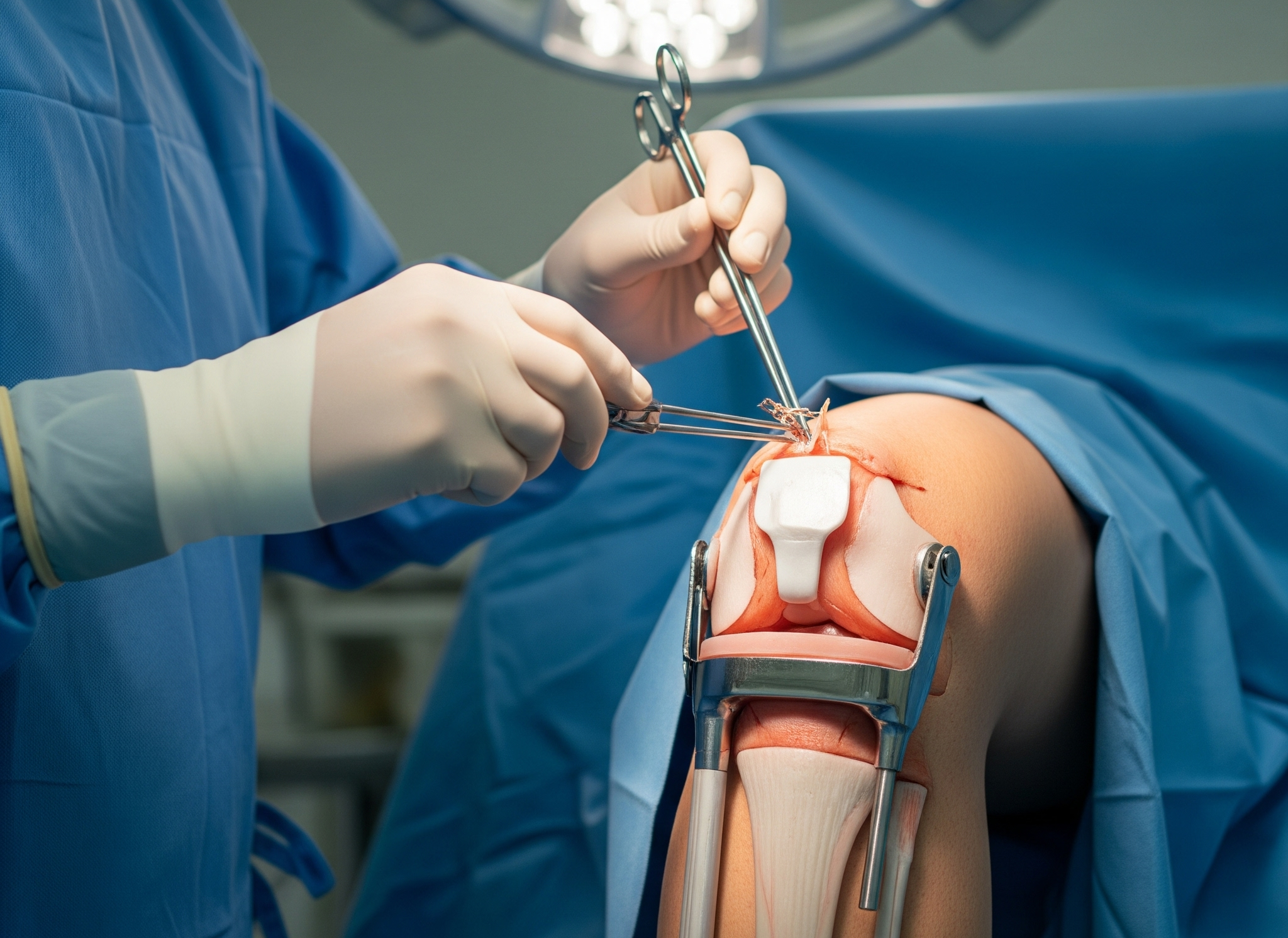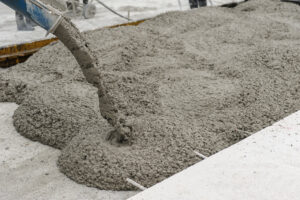The Latest in Adult Polycystic Kidney Disease Treatment
Polycystic Kidney Disease (PKD) is a genetic condition that leads to the growth of fluid-filled cysts in the kidneys, gradually impairing kidney function. While the disease is more common in adults, it can lead to kidney failure if left untreated. In recent years, treatments for Adult Polycystic Kidney Disease (APKD) have made significant advancements, offering hope to those managing the condition. Among the emerging Herbal Treatment for Polycystic Kidney Disease options, herbal remedies and dietary supplements are gaining attention due to their potential to slow disease progression and support kidney health.
What is Adult Polycystic Kidney Disease?
Adult Polycystic Kidney Disease (APKD) is a genetic disorder that causes numerous cysts to form in the kidneys, gradually impairing their function over time. It is one of the most common inherited kidney diseases and is typically diagnosed in adulthood, although its symptoms may develop earlier. As these cysts grow, they can significantly reduce kidney function, potentially leading to kidney failure if left untreated.
Causes and Inheritance of APKD
Adult Polycystic Kidney Disease is caused by mutations in one of two genes: PKD1 or PKD2. These genes provide instructions for making proteins that are essential for maintaining the structural integrity of kidney cells. When these proteins are not functioning properly due to genetic mutations, cysts begin to form in the kidneys.
APKD follows an autosomal dominant inheritance pattern, meaning that an individual needs to inherit only one copy of the mutated gene from one parent to develop the condition. This results in a 50% chance of passing the disease on to offspring. Although most cases are inherited, some may arise due to spontaneous genetic mutations.

Symptoms of Adult Polycystic Kidney Disease
In the early stages of APKD, many people may not experience noticeable symptoms. However, as the cysts grow and multiply, various symptoms can develop, including:
- High blood pressure (hypertension): Elevated blood pressure is one of the first signs of APKD and can lead to further kidney damage if not managed.
- Flank pain: A dull pain or discomfort in the sides or lower back is common as the cysts enlarge and stretch kidney tissue.
- Kidney stones: Individuals with APKD may develop kidney stones, which can lead to severe pain, infection, or further kidney damage.
- Urinary tract infections (UTIs): Increased risk of UTIs is common, particularly as cysts grow larger and affect kidney function.
- Blood in the urine (hematuria): This can occur due to ruptured cysts, which may also cause blood clots in the urine.
- Enlarged kidneys: As cysts multiply, they can cause the kidneys to become noticeably larger, which can be detected through imaging studies such as ultrasounds or CT scans.
- Progressive kidney failure: Over time, as kidney function declines, patients may experience fatigue, swelling, or difficulty concentrating due to the kidneys’ reduced ability to filter waste from the blood.
Herbal Treatment for Polycystic Kidney Disease: A Natural Approach
Herbal treatments for APKD focus on managing symptoms, reducing cyst growth, and supporting kidney function. While these remedies should complement conventional treatments and not replace them, they can provide valuable support for patients seeking a holistic approach to managing the disease.
1. Nettle Leaf
Nettle leaf has long been used in traditional medicine for its diuretic and anti-inflammatory properties. Research suggests that it may help reduce fluid retention and lower inflammation, which are common issues in PKD. By enhancing kidney function and promoting the elimination of waste through increased urine output, nettle leaf could potentially support individuals with APKD.
2. Turmeric
Curcumin, the active compound in turmeric, is known for its potent anti-inflammatory and antioxidant effects. Chronic inflammation is a hallmark of PKD, and turmeric has shown promise in mitigating kidney damage caused by inflammation. Some studies have indicated that turmeric may slow the growth of cysts and prevent the deterioration of kidney function in PKD patients.
3. Dandelion Root
Dandelion root is another herbal remedy with potential benefits for kidney health. As a diuretic, it helps promote healthy urine flow, reducing the burden on the kidneys. It may also support the detoxification process, helping the kidneys filter out toxins more efficiently. In PKD, where the kidneys’ filtering capacity is compromised, dandelion root could offer relief and assist in maintaining kidney function.
4. Ginger
Ginger is well known for its anti-inflammatory and antioxidant properties. It may help alleviate the pain and discomfort associated with PKD and reduce inflammation that exacerbates kidney damage. Regular consumption of ginger could potentially help protect kidney cells from oxidative stress, which is often heightened in kidney diseases like PKD.
5. Green Tea Extract
Rich in polyphenols, particularly epigallocatechin gallate (EGCG), green tea extract has shown promise in promoting kidney health. Studies suggest that EGCG may inhibit the growth of kidney cysts and reduce fibrosis, or scarring, within the kidney tissue. Green tea’s antioxidant properties may also help protect kidney cells from damage, making it a valuable supplement for those with PKD.
Best Supplements for Kidney Health: Supporting APKD Treatment
In addition to herbal treatments, certain supplements have gained popularity for their role in supporting kidney health. Best Supplements for Kidney Health are cure for PKD but can complement existing treatment plans and may help slow disease progression.
1. Vitamin D
People with kidney disease, including those with APKD, often experience low levels of vitamin D, which can contribute to bone and mineral abnormalities. Vitamin D supplementation helps regulate calcium and phosphate balance, crucial for kidney function. Ensuring adequate vitamin D intake is essential for maintaining overall health and supporting kidney performance.
2. Omega-3 Fatty Acids
Omega-3 fatty acids, found in fish oil and other sources, are well-known for their anti-inflammatory properties. These fatty acids help reduce kidney inflammation, which is a major issue in PKD. Omega-3 supplements may also improve lipid profiles and reduce the risk of cardiovascular complications that are common in PKD patients.
3. Coenzyme Q10 (CoQ10)
CoQ10 is a powerful antioxidant that plays a crucial role in cellular energy production. It has shown promise in reducing oxidative stress and inflammation, both of which contribute to the progression of PKD. Supplementing with CoQ10 may help protect kidney cells from damage and improve overall kidney function.
4. Probiotics
The gut-kidney connection has been the subject of growing research, and probiotics are increasingly recognized for their role in supporting kidney health. A healthy gut microbiome can reduce systemic inflammation and improve kidney function. Probiotic supplements may help restore balance in the digestive system, potentially benefiting PKD patients by supporting overall kidney health.
5. Alpha-Lipoic Acid (ALA)
Alpha-lipoic acid is another potent antioxidant that has shown promise in protecting kidneys from oxidative damage. ALA may help reduce the progression of kidney disease by scavenging harmful free radicals and improving metabolic function. Research indicates that ALA supplementation can support kidney health in patients with chronic kidney conditions like PKD.
Integrating Herbal Treatments and Supplements into Your Care Plan
While there is no cure for PKD, the combination of herbal treatments and supplements can be an effective strategy to manage the disease and improve quality of life. It is essential to work closely with a healthcare provider before starting any new herbal or supplemental regimen, especially when managing a chronic condition like PKD. Herbal treatments and supplements should be viewed as complementary therapies that support conventional treatments, such as medication and lifestyle changes.
Conclusion
The latest advancements in treating Adult Polycystic Kidney Disease highlight the importance of integrating natural approaches, such as herbal treatments and supplements, with traditional medical care. Herbal remedies like nettle leaf, turmeric, and ginger offer promising benefits for managing PKD symptoms, while supplements like omega-3 fatty acids, vitamin D, and CoQ10 can help improve kidney function and reduce inflammation. By combining these therapies with medical guidance, individuals with APKD can take proactive steps to protect their kidney health and improve their quality of life.














Post Comment